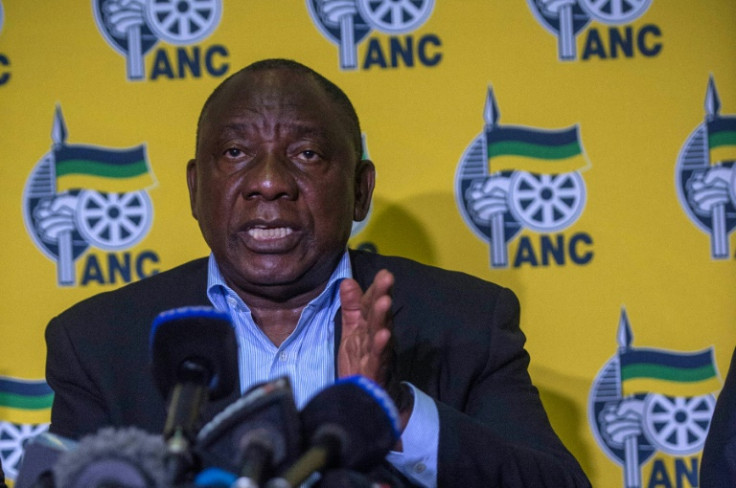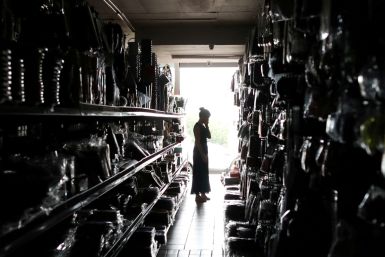President Ramaphosa Announces Extension, Improvement In R350 Unemployment Grant

President Cyril Ramaphosa on Thursday announced that his administration will extend and improve the R350 Social Relief of Distress (SRD) grant as well as prioritize measures to ensure early childhood development and improve early grade reading.
Speaking at the State of the Nation Address (SONA) for the sixth administration at the Cape Town City Hall, the president noted that the special grant, which was introduced during the COVID-19 pandemic, benefits nine million unemployed people every month.
"We have seen the benefits of this grant and will extend it and improve it as the next step towards income support for the unemployed. These grants and subsidies do much more than give people what they need to live. They are an investment in the future," he said, SA News reported.
The president noted that the grant helped increase school enrolment and attendance, lower drop-out rates, and improve the pass rate. The latest matric pass rate touched its highest ever figure of 82.9%.
In addition, Ramaphosa said the role of Department of Basic Education will be expanded to include early childhood development and improving early grade reading initiatives over the next five years.
Last year, International Reading Literacy Study (PIRLS) revealed that 81% of fourth-grade children can't read and understand the meanings in South Africa.
The president noted that "moving early childhood development to the Department of Basic Education was one of the most important decisions as we were now able to devote more resources to early childhood development."
This initiative ensures cooperation of various government departments in early childhood development augmented by the Department of Basic Education.
"We have increased funding for poor and working-class students in universities and TVET [technical and vocational education and training] significantly over the past five years," he said.
The president recalled that in the apartheid era, education was used to perpetuate inequality. Dutch Colonialism happened in 1652 while British Colonialism took over in 1795.
The apartheid system was introduced in 1948 by the National Party - this system was to enforce racial segregation and discrimination. This system ended in the late 20th century when Nelson Mandela became the first black president in 1994.
The president recalled that South Africa faced a significant poverty challenge in 1993 as 71.1% of people in the country were living in poverty. However, he praised the democratic government that ensured a consistent decline in these numbers as by 2010, the percentage dropped to 60.9 and it has reached 55.5% in 2020.
© Copyright 2025 IBTimes ZA. All rights reserved.


















